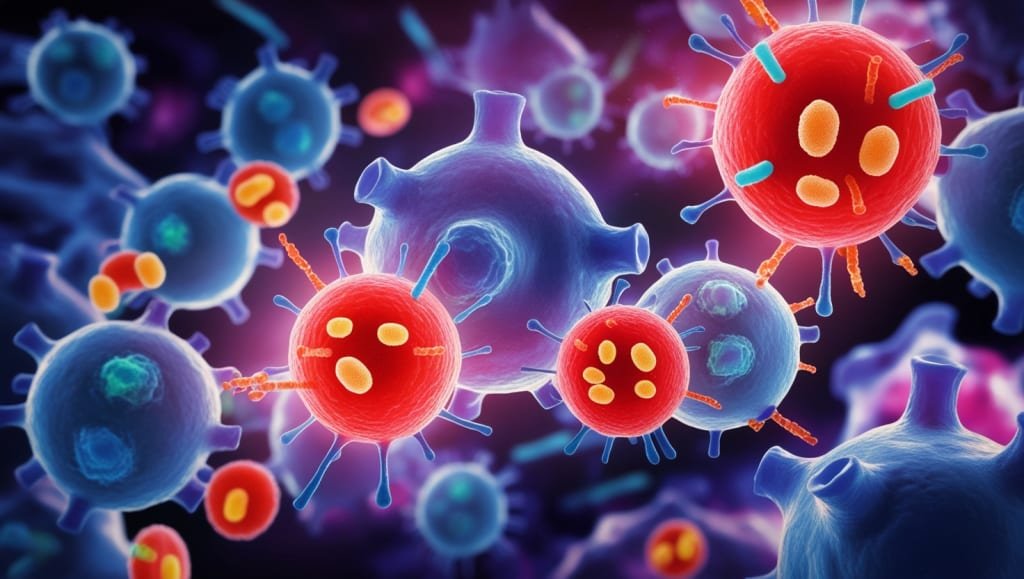Frequently Asked Questions
1. What is immunotherapy?
Immunotherapy is a type of treatment that enhances or trains the body’s immune system to recognize and fight harmful cells, including cancer cells, viruses, or other diseases.
2. How long does an immunotherapy treatment take?
Treatment duration varies depending on the type of immunotherapy, disease severity, and patient response. Some treatments are administered in a few sessions, while others may continue for several months under close monitoring.
3. What are the common side effects?
Side effects are usually mild and may include fatigue, fever, skin reactions, or flu-like symptoms. Serious side effects are rare but are carefully monitored and managed by your healthcare team.
4. Is immunotherapy better than chemotherapy or radiation?
Immunotherapy is different from chemotherapy or radiation. It works by strengthening the immune system rather than directly killing cells. In many cases, it can be used alongside conventional treatments for enhanced results.
5. Are there any myths about immunotherapy?
Common misconceptions include thinking immunotherapy works instantly or cures all types of cancer. While highly effective in many cases, results vary, and treatment is customized to each patient’s condition.
6. Who is eligible for immunotherapy?
Eligibility depends on factors such as age, overall health, type and stage of disease, and previous treatments. A thorough evaluation by a specialist determines the suitability of immunotherapy for each patient.









